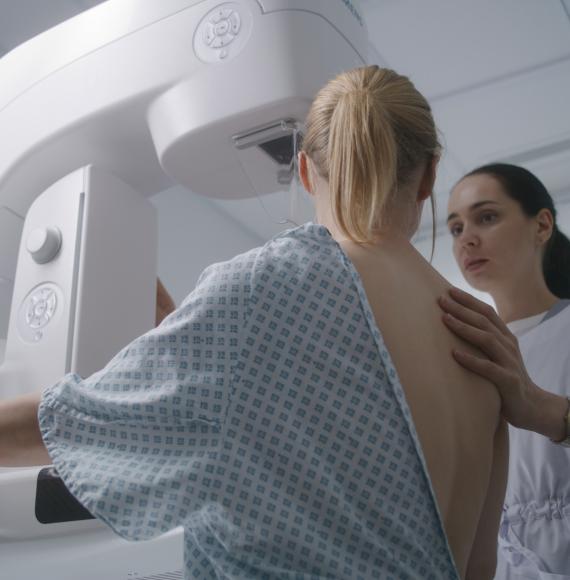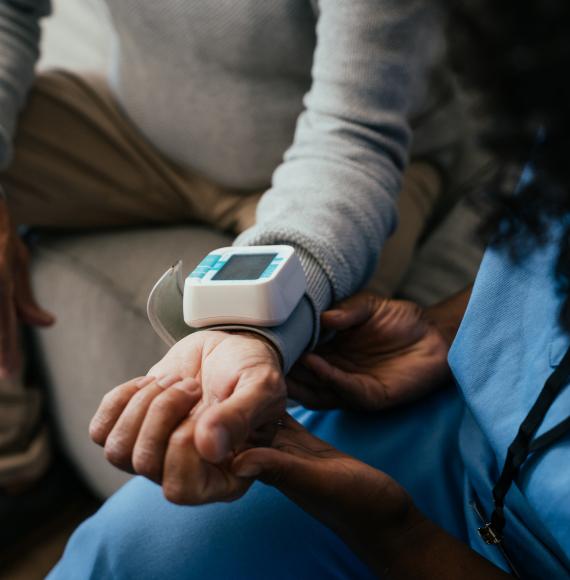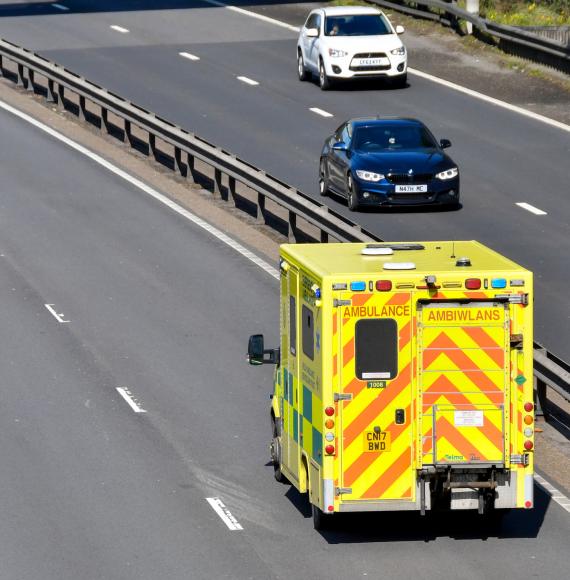Over the past two years, the UK has well and truly challenged the status quo for healthcare. Now, we need to make sure the digital change we’ve all experienced isn’t just a flash in the pan.
Sajid Javid recently set out a series of ambitious digital priorities for the NHS, in a conference speech given ahead of publishing a new Digital Heath Plan this Spring.
He talked about emerging from the impact of Covid with patients and clinicians having new, and higher, expectations for how we continue to deliver better health and social care in the UK.
Javid used the NHS app as an example of just how far expectations have changed. Healthcare in the hands of 24 million people, with over half of adults in England now carrying it around on the phone in their pocket.
And why shouldn’t it be just as easy and safe to access personal healthcare information as it is to order a takeaway? Or speak to a GP over video call as simple as booking a taxi?
Technology is nothing new for the health sector. But embracing transformation has been anything but straightforward over the years, and the challenges well established.
Alongside legacy issues around agility, there was the very real problem that patients were reluctant – even nervous – to use apps and websites for accessing services or for tracking their health data.
Uptake of the NHS app is just one example of the about-turn we’ve all been through.
Today, 35% of UK patients use virtual consultations, compared to just 6% pre-pandemic, according to Accenture. And a further 14% use electronic patient records to access their data versus 4% previously. The tide is turning in the UK as we steadily embrace digital technology.
Covid has accelerated digital adoption and made people more confident in how the right technology and the right approach can deliver better outcomes. According to our research with the Centre for Economics and Business Research, health organisations accelerated their digital progress by more than four years during the pandemic.
But the UK’s health and social care sector has to take digital transformation forward in a more structured and streamlined way to build on the gains made. There needs to be a focus on how we shape transformation around the end goals of better patient and employee outcomes.
Because when it comes to our health, and the wellbeing of those we care for, there can be no half measures.
Expect a better level of service
The NHS is already taking the bull by the horns. My Planned Care is an online platform that allows patients and their carers to access information from 137 NHS Trusts across England ahead of their planned appointment, operation or treatment. All at the touch of a button.
It’s innovations like My Planned Care that are driving patients and health workers to expect more.
Clinical staff can see more patients through online portals. Community nurses can monitor vulnerable patients through remote care technology. Trusts can share patient records and data, seamlessly and securely, to deliver the best patient care.
And connected systems help leaders spot emerging trends across services. Greater visibility will mean issues are spotted earlier. Better, and more efficient operations will reduce pressure on NHS services in the long term.
The digital transformation of our health and care services is critical, but it can be a huge undertaking. Our NHS trusts shouldn’t be left to shoulder the challenge of transformation alone.
The right partners will be crucial to supporting health organisations make the difficult transition to a state of permanent improvement and ongoing change.
Redefining partnership for better patient outcomes
The term ‘partner’ has been misused for years. True partnership means shouldering the risk as much as the reward.
Organisations expect a digital partner to ‘sing from the same hymn sheet’. To understand their unique needs and be invested in helping them achieve their goals.
And a partner should be ready to step up focus on the end outcomes of connectivity and technology, not just the practical delivery of new systems.
That might mean helping to provide digital mental healthcare for those who can’t journey to clinics, such as at the Richmond Wellbeing Service. Or helping a customer connect the dots and achieve interoperability across their network, to ensure patients get a quicker diagnosis – as O2 Business saw with mydentist and its network of more than 600 UK dental practices.
Ultimately, better integrated health and care systems allow patients quicker and easier access to the treatment they need. This is about improving lives, and making things more cost-effective for the NHS in the long-term.
If these outcomes aren’t achieved, patients lose out. The NHS loses out. And that just isn’t good enough.
Committed to customer success
We know that in a fast-moving, ever-changing landscape, health organisations have to make sure that digital investments are focused on the bigger transformational picture. They need to create better experiences for patients and employees.
If an organisation’s patients aren’t put first and given a positive experience, then it isn’t hitting its goals, therefore missing out on the promise of digital transformation.
Virgin Media O2 Business was created to reimagine connectivity and upgrade the UK. We’re doing things differently, starting by introducing our new Success Agreement – which goes above and beyond the usual Service Level Agreements (SLAs) to create an ongoing commitment to customer success.
So, in addition to SLAs based on product/service performance measures, we’ll agree on specific outcomes that the organisation is trying to achieve from the outset.
Outcomes like improved employee and patient experience, happier and more productive employees, or enhanced delivery of services.
Ultimately, the end goal shouldn’t be technology deployment – it should be helping organisations to achieve better patient and staff outcomes, supported by technology and underpinned by connectivity.
By sharing the risk as well as the reward, a digital partner can walk the journey alongside health organisations as they tackle the sector’s key challenges.
It’s time to expect more. Find out more about how our Success Agreement can help your organisation achieve its goals on our website.



















